
AARON COPLAND: FANFARE FOR AMERICA
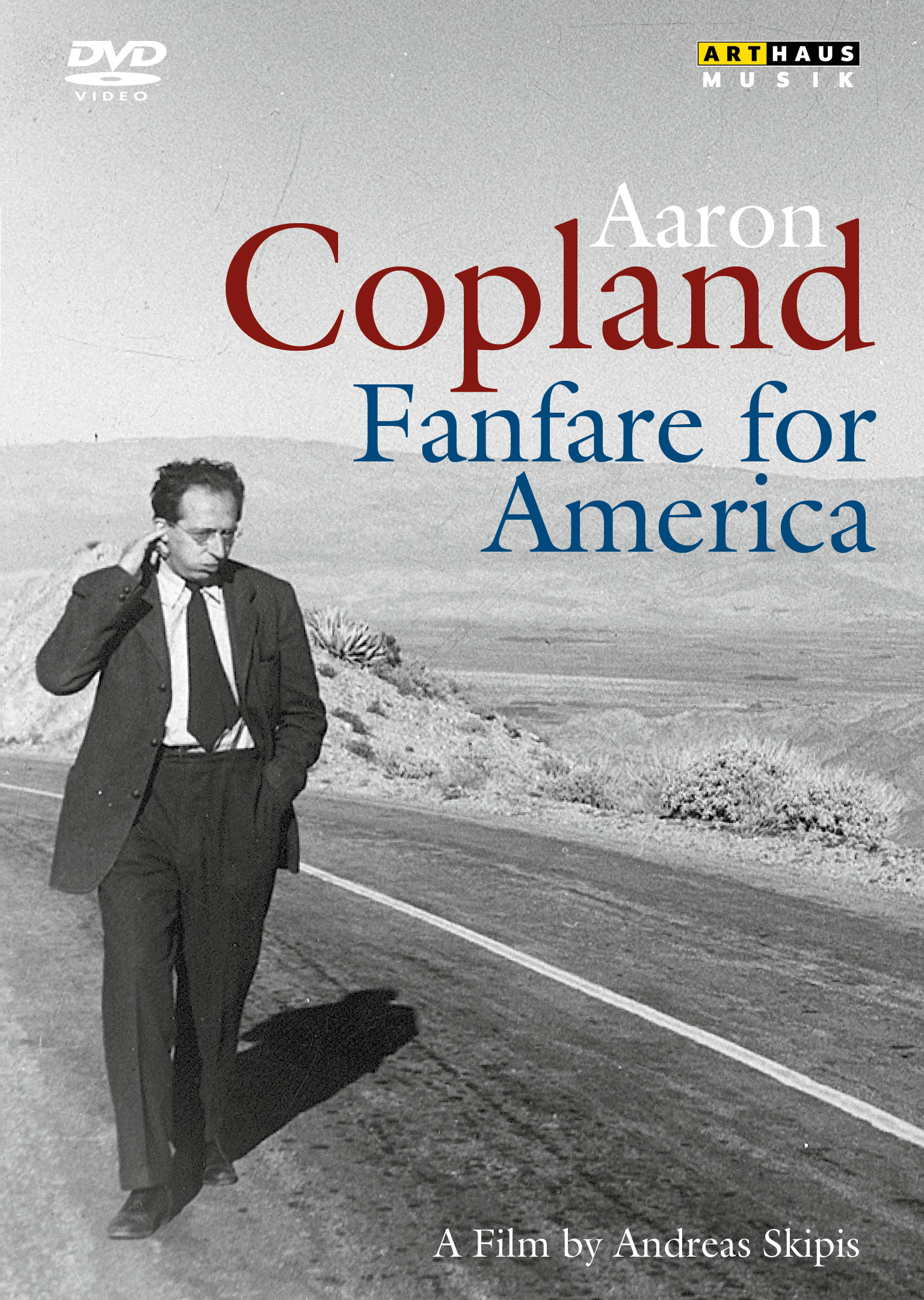




AARON COPLAND: FANFARE FOR AMERICA
2001
Soloists:
Aaron Copland
Director:
Andreas Skipis
Aaron Copland (1900-1990) is best known and loved for the hugely popular compositions he wrote 1936-49, such as Appalachian Spring, Billy the Kid and Rodeo. He was one of the first to capture the essence of American life in sound. Together with Gershwin, Ives and Bernstein, he created music that mirrored the world in which he lived. This documentary looks at how a sassy New Yorker of Russian- Jewish background came to write the infectious and accessible music that established a distinctive American idiom. “Fanfare for America” surveys his life and career with archive film and specially-shot footage as well as music extracts from his works. An interview with Copland is included and his biographer, Howard Pollack, and American conductor Hugh Wolff, a leading exponent of his music, both contribute to the programme. The film shows a clip of Benny Goodman playing the Clarinet Concerto he commissioned from the composer, as well as footage of Leonard Bernstein conducting the patriotic Lincoln Portrait for speaker and orchestra, and of Martha Graham dancing in Appalachian Spring. Andreas Skipis cinematic approach to documentary making gives this profile of Aaron Copland great style and visual appeal.
Label:
Arthaus Musik
Genre:
Dokumentation
Running Time:
60
Picture Format:
4:3
Sound Format:
PCM Stereo
Number of Discs:
1
Region:
0
Subtitle Languages:
GB, DE, FR, ES
EAN:
0807280157390
UPC:
807280157390
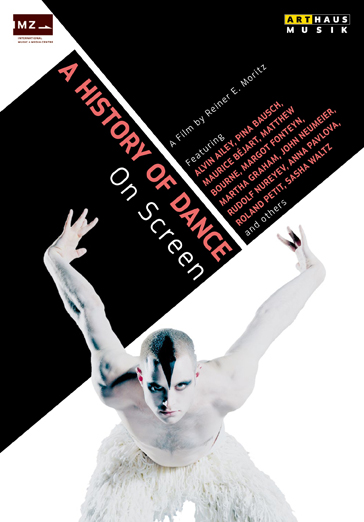
In this revelatory new documentary, director Reiner E. Moritz poses the question: How has the media influenced dance in the twentieth century and vice versa? Over this period an extensive archive of beautiful choreography, performed by the finest dancers has accumulated on film and television, resulting in a major dispersion of dance through(...)
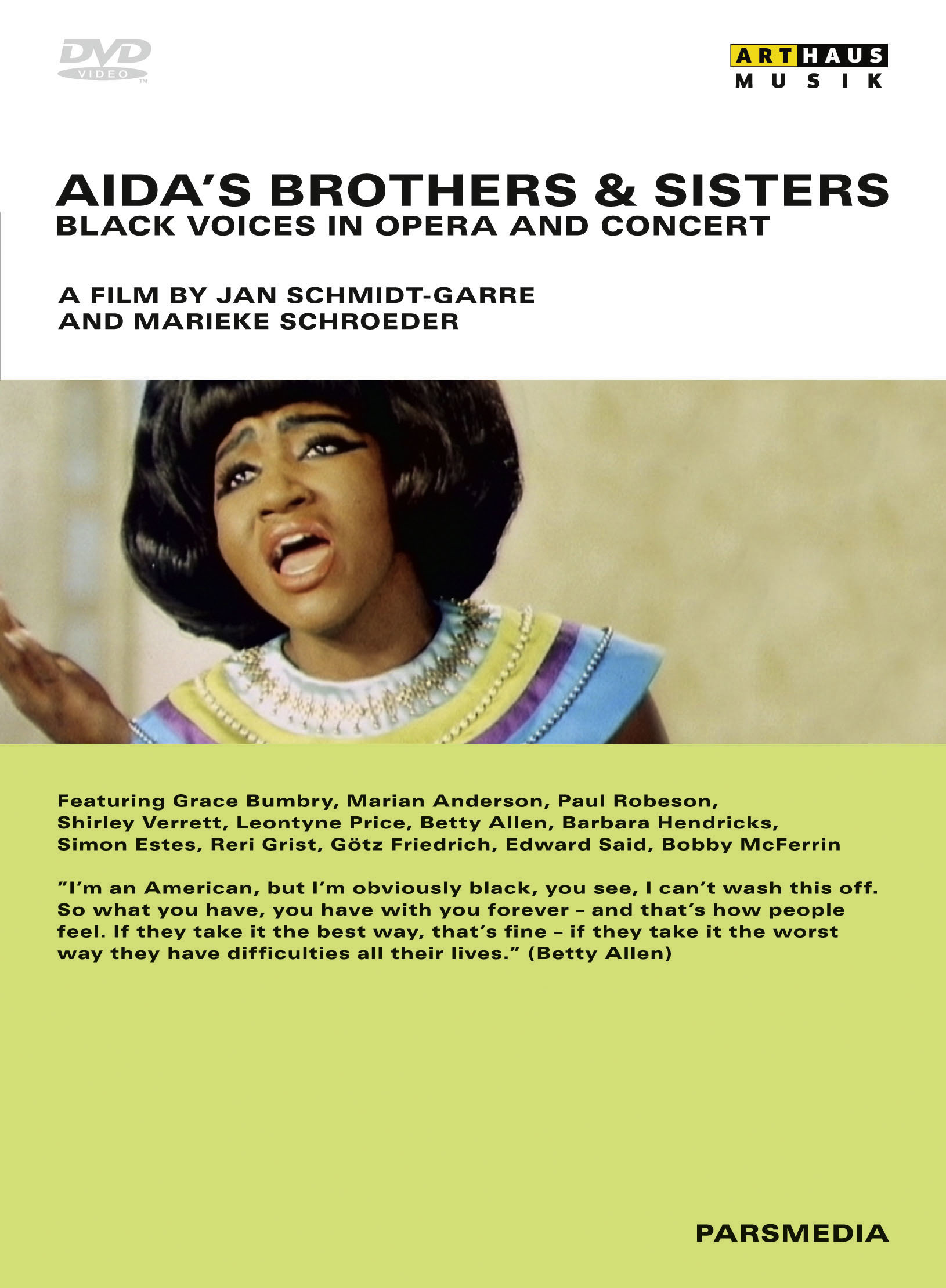
Think of today‘s top operatic voices, and black owners of them are as likely to come into the list as white ones: Willard White, Jessye Norman and Kathleen Battle to name only three. We know it wasn‘t always thus - Paul Robeson‘s struggles to be recognised as a great singer, instead of a black singer, went on for many decades. But this(...)









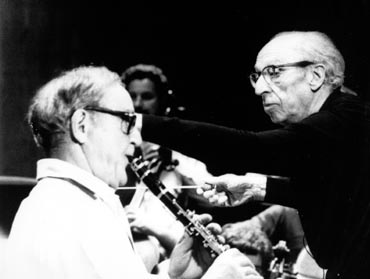
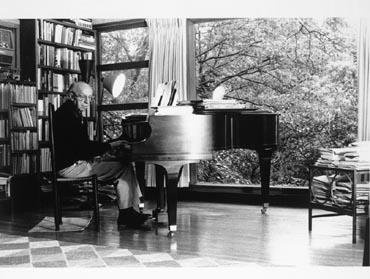
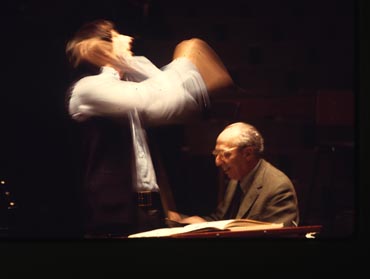
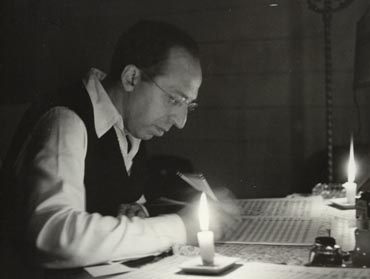
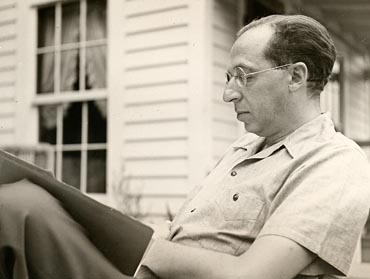
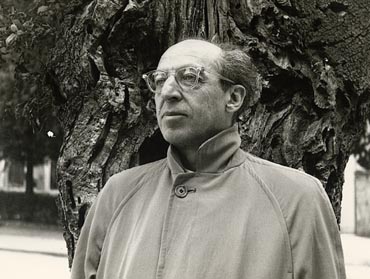
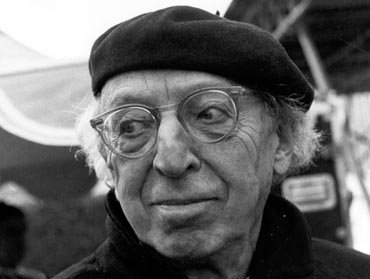
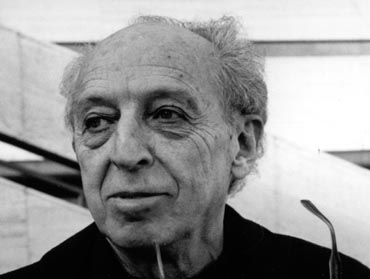
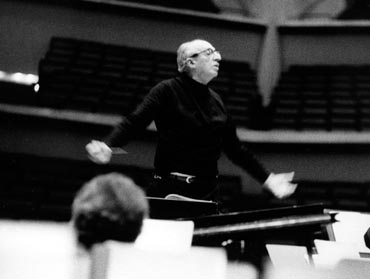
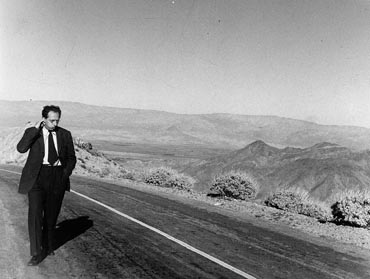
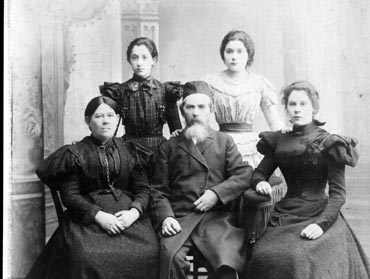

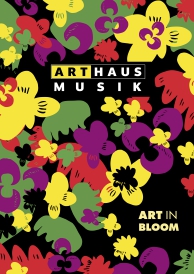 PDF Download (5,5 MB)
PDF Download (5,5 MB)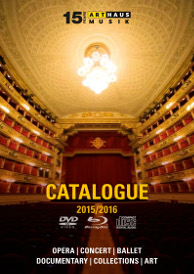 PDF Download (6,7 MB)
PDF Download (6,7 MB)